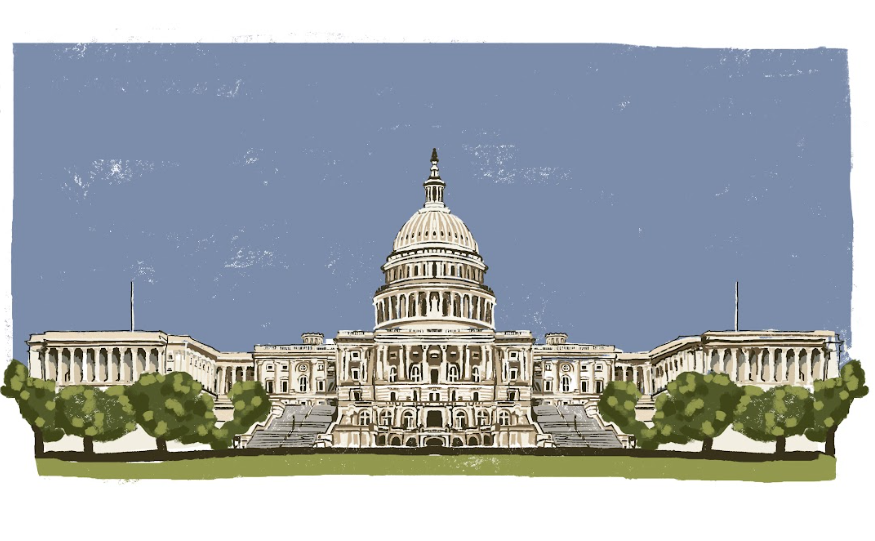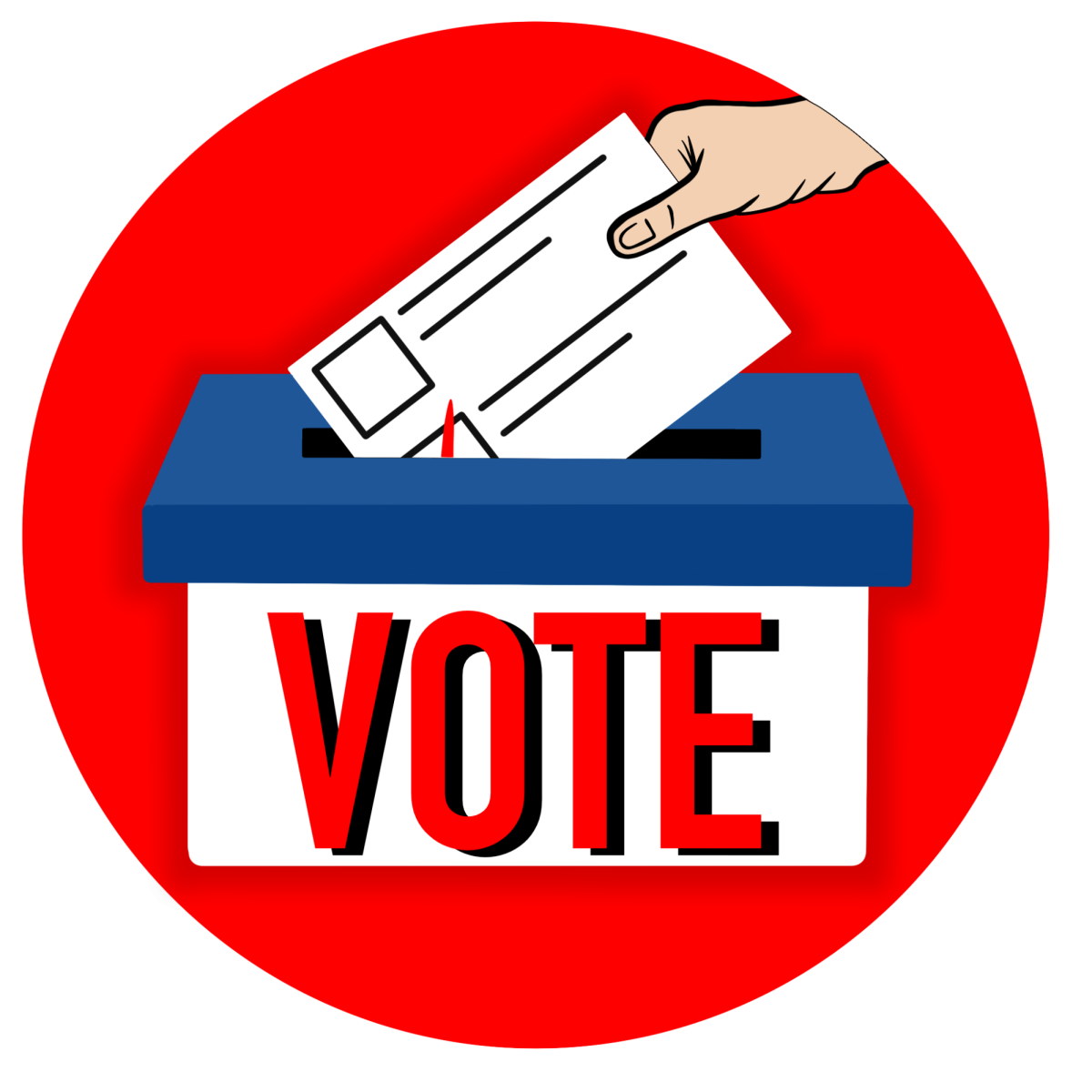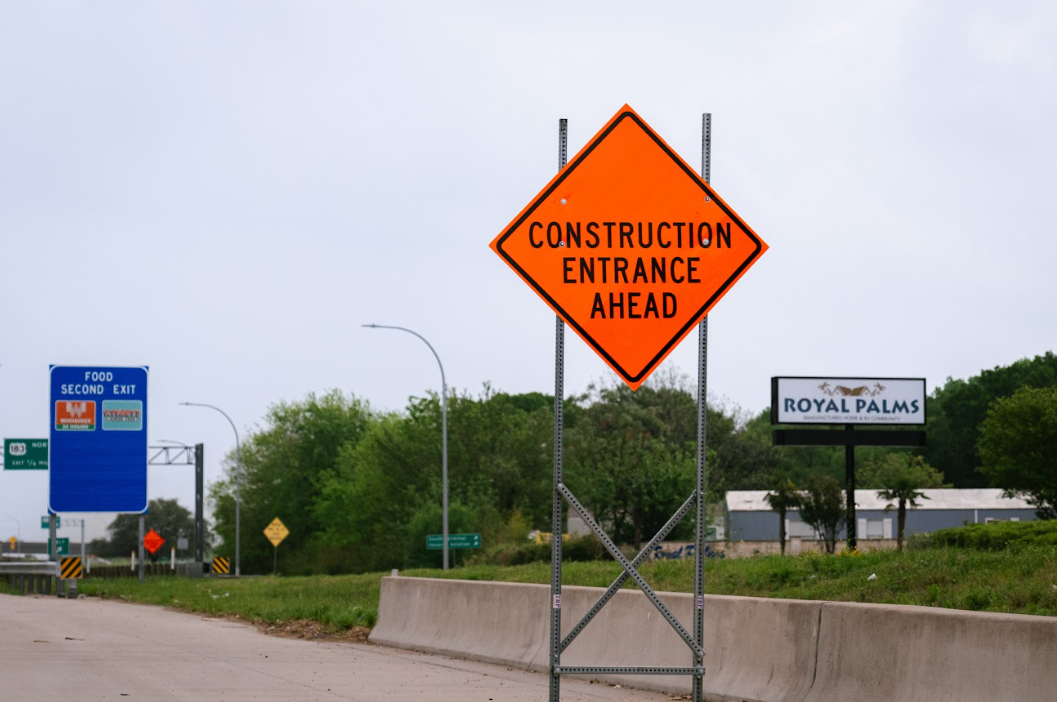Three guys walk into a bar. Except, the bar is empty. Actually, there is no bar anymore; it never recovered from COVID-19, and closed due to increasing labor costs. Those three guys — and many members of their community — lost their usual hangout place. The three guys drift apart, and eventually never speak to each other again. Funny joke, right?
Unfortunately, this is the sad reality for many Americans. According to the National Library of Medicine, many small businesses, including bars, restaurants, coffee shops, libraries and parks, have closed across the country. These places, while seemingly mundane and ordinary, represent an essential pillar of a healthy society that tends to go overlooked: third places.
While the decline of third places was exacerbated by the COVID-19 pandemic, their fall started long before then. For about a decade, the amount of time that people spend with friends has declined. According to Insider, “For decades, Americans reported spending about 6.5 hours a week with friends. But from 2014 to 2019, it suddenly dropped by 37%, to four hours a week.”
Whenever people spend less time with friends, they have less of a reason to go out and patronize these businesses. This has not only led to a struggling small business market but also an increasingly antisocial society.
To put it simply, Americans are becoming more isolated. Increasing cost of living, social distancing, working from home and social media have given the public plenty of excuses to avoid social settings — and many are taking advantage. The effects of this increase in isolation can already be seen. In an interview with PBS, Laurie Santos, a cognitive scientist and psychology professor at Yale University, poses the idea that America is becoming a lonely nation.
“I mean, it’s pretty bad. It’s often talked about as an epidemic. You know, some surveys reveal that around 60% of people in the U.S. right now report feeling lonely on a pretty regular basis. And that’s pretty devastating from a public health perspective,” Santos said.
So what is the solution? The revitalization of third places. Going out, meeting new people with common interests and maintaining exposure to social settings on a regular basis is extremely important for one’s mental health. Third places can also provide one with a hobby or a new passion — something to give one’s life a little extra purpose. Go grab a drink with friends, go to a book club or join a beer-league hockey team; enjoy the benefits a third place provides.
Third places represent an essential part of the work-life balance that so many Americans strive to maintain. They act as an important separation from the usual two settings of one’s life: the workplace, and their home. Now, in a time where working from home is becoming the new normal, the existence of third places is more important than ever.









